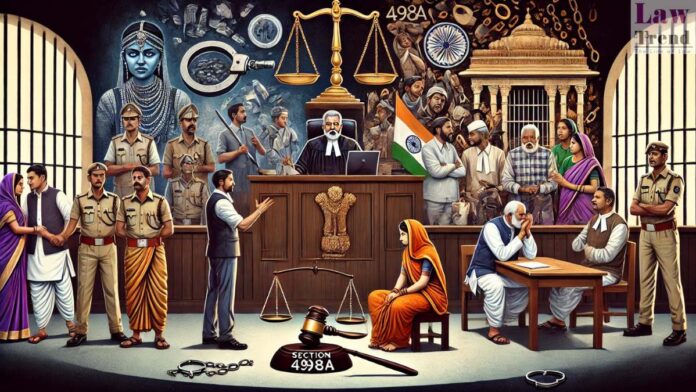The High Court of Gujarat, in a significant ruling on a matrimonial dispute, has quashed criminal proceedings against the in-laws of a complainant, holding that “causal reference” and “bald allegations” without specific incidents are insufficient to proceed with a trial for cruelty under Section 498A of the Indian Penal Code. The court deemed the continuation
To Read More Please Subscribe to VIP Membership for Unlimited Access to All the Articles, Download Available Copies of Judgments/Order, Acess to Central/State Bare Acts, Advertisement Free Content, Access to More than 4000 Legal Drafts( Readymade Editable Formats of Suits, Petitions, Writs, Legal Notices, Divorce Petitions, 138 Notices, Bail Applications etc.) in Hindi and English.




